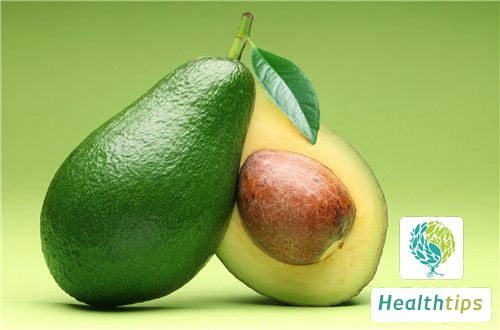What Are the Benefits and Precautions of Barley?
Barley
Barley is a commonly consumed food ingredient. It is a low-fat food rich in chlorophyll, which effectively reduces cholesterol levels in the body. Regular consumption of barley can aid in digestion and lower blood sugar levels, thus promoting good health. However, individuals with allergies to barley should avoid its consumption, and those with a tendency for internal heat should refrain from long-term consumption.

Functions and Benefits of Barley
1. Taste and Meridians: Barley has a sweet and salty taste with a cool nature, and it acts on the intestines, stomach, kidneys, and bladder meridians.
2. Traditional Chinese Medicine: Barley benefits the stomach, intestines, and water metabolism. It is beneficial for conditions such as spleen and stomach weakness, diarrhea due to insufficient food intake, thirst and heat sensation, internal heat consumption, urination difficulties, painful urination, edema, and burns.
3. Modern Research:
- Barley is a low-sodium, low-fat healthy food ingredient that is highly effective in reducing cholesterol levels in the body.
- Digestive Aid: Barley malt contains both α and β amylases, which break down starch into maltose and dextrin. Human studies have shown that malt extracts promote the secretion of gastric acid and pepsin.
- Blood Sugar-Lowering Effect: Oral administration of barley malt extracts can lower blood sugar levels, preventing a rapid rise in blood sugar after meals. It is also beneficial for controlling blood sugar in diabetics.
- Significant Chlorophyll Function: Barley seedlings are rich in chlorophyll, which contains 65 times more vitamin C than apples and 5 times more iron than spinach. Chlorophyll has remarkable effects on preventing various diseases and exhibits excellent functionality in treating diabetes, gastric ulcers, pancreatitis, and allergies.
Consumption Precautions and Contraindications
- Roasted barley products should not be consumed long-term. After roasting, barley becomes warm in nature and has a significant spleen-strengthening and appetite-stimulating effect. However, long-term consumption can promote internal heat, making it unsuitable for individuals with a tendency for internal heat.
- Charred barley tea can prevent heatstroke and cool the body, but it should not be consumed after the autumn equinox as it can cause stomach chills and abdominal bloating.
- Barley malt should be avoided during lactation as it can suppress lactation.
- Individuals with allergies to wheat phenolic compounds should consume barley sparingly or avoid it altogether.
- When using barley malt for lactation suppression, the dosage should not be too small. Generally, it is recommended to use more than 60 grams of roasted malt.



















